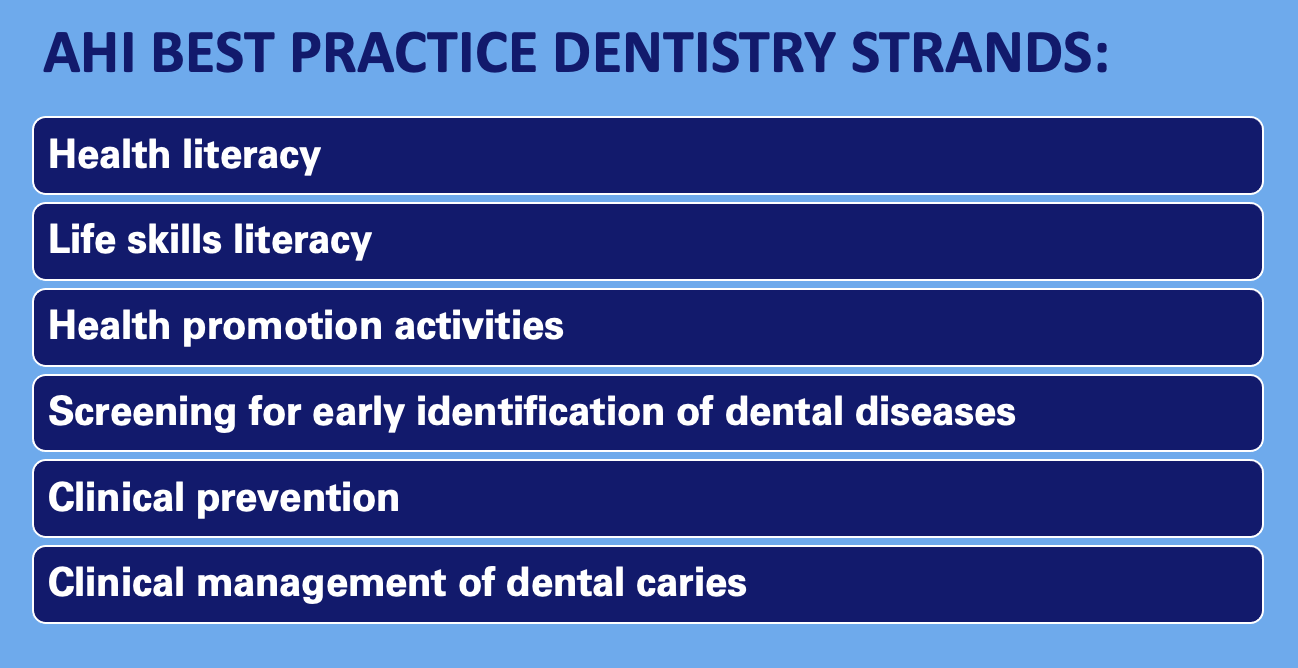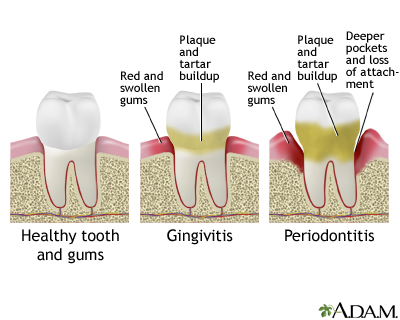
Glowing Skin: Essential Health Practices
Achieving radiant and healthy skin involves more than just a daily skincare routine. It’s about adopting holistic practices that nurture your skin from the inside out. Let’s delve into essential skin health practices that contribute to a natural and lasting glow.
Nourishment from Within: A Balanced Diet for Radiant Skin
The foundation of glowing skin begins with nourishment from within. A balanced diet rich in vitamins, minerals, and antioxidants supports skin health. Include fruits, vegetables, whole grains, and lean proteins in your diet. Hydrate your body by drinking plenty of water to maintain skin elasticity and a dewy complexion. What you eat significantly impacts the overall health and appearance of your skin.
Sun Protection: Shielding Your Skin from Harmful Rays
Protecting your skin from the sun’s harmful rays is a non-negotiable practice for skin health. UV exposure can lead to premature aging, dark spots, and an increased risk of skin cancer. Apply a broad-spectrum sunscreen with at least SPF 30, even on cloudy days. Wear protective clothing and seek shade when necessary. Sun protection is an investment in the long-term health and beauty of your skin.
Gentle Skincare Routine: Cleansing and Moisturizing
Establishing a gentle skincare routine is crucial for maintaining skin health. Use a mild cleanser to remove impurities and makeup without stripping your skin of its natural oils. Follow up with a suitable moisturizer to keep your skin hydrated. Choose skincare products that suit your skin type and address specific concerns. Consistency in cleansing and moisturizing forms the basis of a healthy skincare routine.
Regular Exfoliation: Removing Dead Skin Cells
Regular exfoliation is a key practice for achieving radiant skin. It helps remove dead skin cells, unclog pores, and stimulate cell turnover. Incorporate a gentle exfoliator into your routine, whether it’s a physical scrub or a chemical exfoliant containing alpha or beta hydroxy acids. However, be cautious not to over-exfoliate, as this can lead to irritation. Exfoliate 1-2 times a week for optimal results.
Adequate Sleep: The Beauty of a Good Night’s Rest
The phrase “beauty sleep” holds truth when it comes to skin health. During sleep, the body repairs and regenerates, and the skin undergoes essential processes. Aim for 7-9 hours of quality sleep each night to promote a refreshed complexion, reduce puffiness, and minimize the appearance of fine lines. Adequate sleep is a natural and effective way to enhance your skin’s radiance.
Stress Management: Minimizing the Impact on Your Skin
Chronic stress can negatively impact your skin, contributing to issues like acne, eczema, and premature aging. Adopt stress management practices such as meditation, deep breathing, or yoga to promote overall well-being and skin health. Managing stress not only benefits your mental health but also reflects positively on the vibrancy of your skin.
Hydration Inside and Out: The Key to Plump and Supple Skin
Hydration is a fundamental practice for maintaining plump and supple skin. Drink enough water throughout the day to keep your body hydrated from the inside. Additionally, use a hyaluronic acid-rich moisturizer to lock in external moisture. Hydrated skin is less prone to dryness, fine lines, and a dull complexion. Make hydration a consistent part of your skin health routine.
Avoiding Harmful Habits: Preserving Your Skin’s Integrity
Certain habits can compromise the health and appearance of your skin. Avoid smoking, as it accelerates the aging process and contributes to wrinkles. Limit alcohol consumption, as excessive drinking can dehydrate the skin. Protect your skin from environmental pollutants by cleansing thoroughly, and refrain from touching your face to prevent the transfer of bacteria.
Professional Skin Care: Seeking Expert Advice
For personalized skin care, consider seeking advice from a dermatologist or skincare professional. They can assess your skin’s specific needs and recommend tailored treatments or products. Professional interventions, such as facials or dermatological procedures, can address concerns and enhance the effectiveness of your at-home skincare routine.
Lifestyle Choices: Sustaining Radiant Skin
Your overall lifestyle plays a significant role in the health of your skin. Get regular exercise to boost blood circulation and promote a healthy complexion. Prioritize mental health through activities that bring joy and relaxation. A balanced and holistic lifestyle positively influences your skin’s radiance and vitality.
To explore more about essential skin health practices, visit Skin Health Practices. Elevate your skincare routine with these practices, and witness the transformative effects on your skin. Radiant and healthy skin is a reflection of the care and attention you invest in your overall well-being.






